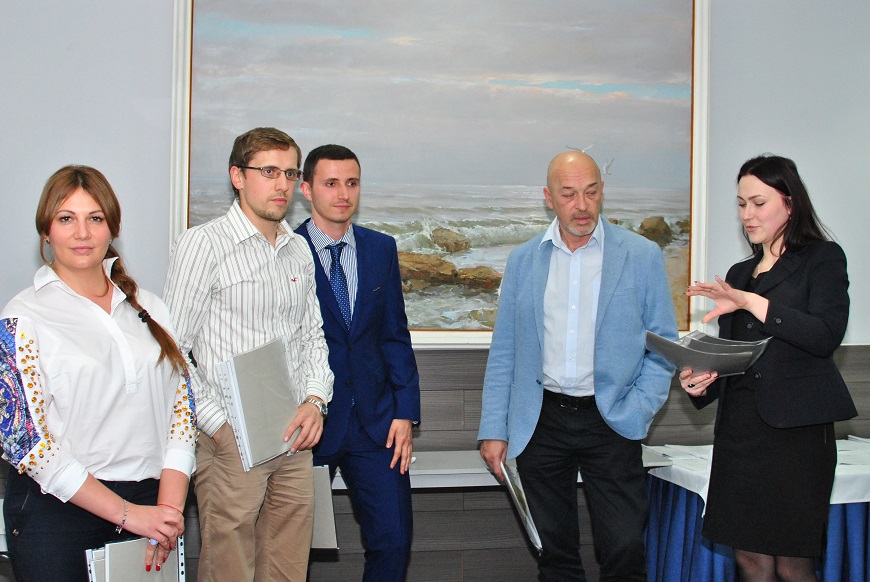On October 1 and 2, 2016, at the request of the Ministry of Temporarily Occupied Territories and Internally Displaced Persons, the Training ‘Human Rights Protection of Internally Displaced Persons: Council of Europe Standards and National Challenges’ was held by the Council of Europe Project ‘Strengthening the Human Rights Protection of Internally Displaced Persons in Ukraine’.

The training was attended by well-known foreign and national experts who hosted four thematic sessions: ‘Council of Europe and Internal Displacement’, ‘The Case-Law of the European Court of Human Rights Concerning the Protection of the IDP’s rights’, ‘Best Practices of Response to Internal Displacement in Other Council of Europe’s Member States’, ‘Compliance of Ukrainian Laws and National Policy With the Standards of the Council of Europe: Moving Forward’.
Ragna Bjarnadottir (Expert in Human Rights, Ministry of the Interior of Iceland, Steering Committee for Human Rights (CDDH), Council of Europe) spoke about the role and functions of the European Court of Human Rights (ECtHR) and the IDP’s material rights under the European Convention on Human Rights and the case-law of the European Court of Human Rights. Kresimir Kamber (lawyer, European Court of Human Rights, Croatia) gave the attendees an overview of the State’s obligations in the context of armed conflict through the application of the European Convention on Human Rights, and also spoke about the best practices and challenges in the internal displacement associated with the conflict in the former Yugoslavia. Dimitri Zviadadze (Chairman of Consortium of Legal Aid, Georgia) shared the experience of Georgia’s policies in internal displacement. Ivan Lishchyna commented on the difficulties in inter-state cases and individual applications to the ECtHR associated with the armed conflict and IDP’s human rights in Ukraine, and suggested that the training participants will cooperate further in this area.

At the conclusion of the training, the participants underlined the need for further cooperation between the Ministry’s representatives and the Council of Europe’s international and national experts in perfecting the laws related to stronger protection of the rights of internally displaced persons, use of the experience of other countries that have suffered internal displacement, as well as of the case-law of the European Court of Human Rights, and specifics of the enforcement of domestic legislation.






